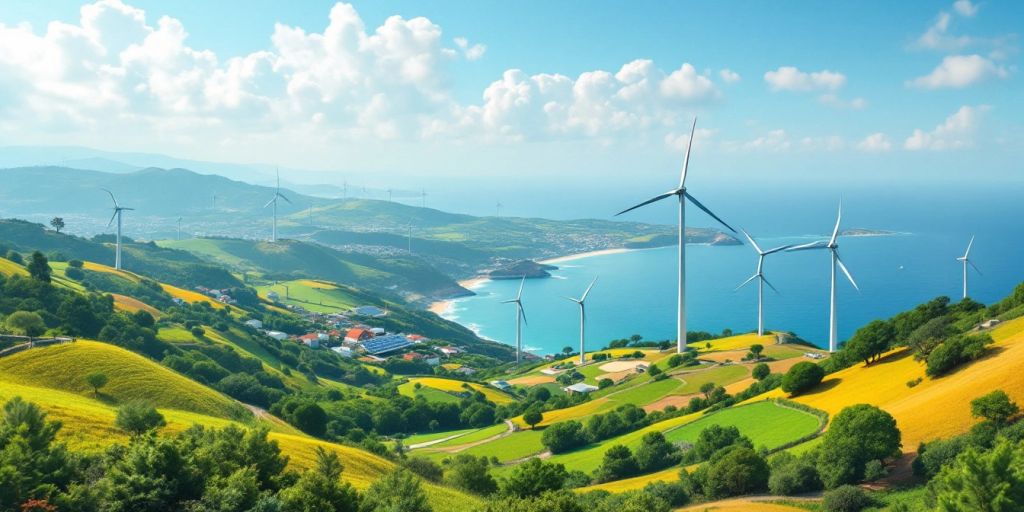Portugal has taken a strong stance at the ongoing COP29 conference in Baku, Azerbaijan, advocating for a broader financial commitment from both developed and developing nations to combat climate change. The Secretary of State for the Environment, Emídio Sousa, emphasized the need for a collective effort to address the climate crisis, highlighting that financial responsibilities should not rest solely on developed countries.
The Need for Broader Financial Support
During his address, Sousa pointed out that many nations classified as developing still have significant economic output and per capita emissions. He argued that these countries should also participate in financing efforts, thereby expanding the donor base and elevating the ambition of climate financing goals.
The current discussions at COP29 revolve around establishing a new collective quantified goal (NCQG) to replace the previous commitment of $100 billion per year from 2020 to 2025. This new goal is crucial as it aims to address the financial needs of developing countries in their fight against climate change.
Rejection of Initial Proposals
A proposal developed over the past year by Egypt and Australia was outright rejected by poorer nations, who are advocating for a more ambitious target of $1.3 trillion. The lack of agreement on this funding goal highlights the ongoing tensions and differing priorities among nations regarding climate finance.
Sousa expressed concern that many of the world’s largest polluters are not doing enough to combat climate change, despite efforts from the European Union. He called for a united front, urging all nations to contribute to the fight against climate change.












